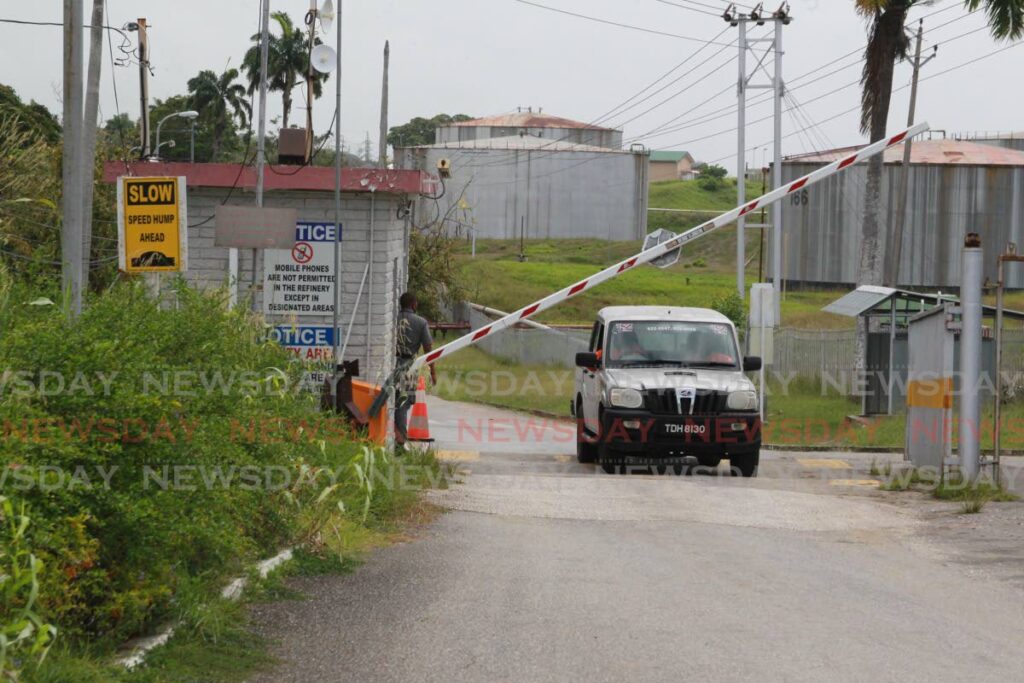Worker safety still an issue

THE EXPLOSION was deafening, but the silence since has been even more so.
On April 7, 2020, a component failure at NiQuan Energy Trinidad Ltd, located at Pointe-a-Pierre, resulted in a blowout heard in neighbouring communities, including those as far away as San Fernando, Vistabella, Princes Town and Duncan Village.
The early morning incident triggered fear and confusion. NiQuan’s operations were shut down. A six-member team from the Ministry of Energy was appointed to investigate. The Occupational Health and Safety Authority and Agency (OSHA) and the Fire Services also launched probes.
To date, the public is little wiser as to what exactly occurred.
Meanwhile, the facility in question, which had a long and controversial history even prior to 2021, quietly resumed operations last year.
In October, it boasted of achieving commercial-readiness status as the first small-scale plant of its kind in the world and the first operational plant of its kind in the western hemisphere.
But now comes word of yet another incident at the plant, this time one which has resulted in the death of a worker from sub-contractor, Massy Energy Engineered Solutions Ltd.
According to UNC Pointe-a-Pierre MP David Lee, the worker was flown out to a burns unit in Florida, in the US, for medical treatment that was eventually unsuccesful.
One would hope that over time any given society will progress.
When it comes to something as fundamental as worker safety, one would also hope that a country with such a long industrial history would learn lessons and would develop robust systems over time. Yet, the evidence mounts proving otherwise.
The questions surrounding how the State and its agencies have treated the NiQuan facility come as the country awaits the findings of the Paria diving tragedy inquiry. But whereas the latter has been subject to a full-scale commission of inquiry, the former has been characterised by the standard resort to non-transparency that is involved when private and quasi-private entities and arrangements are involved.
Worker safety too often takes a backseat to the need for commercial confidentiality, secret arbitrations and non-disclosure of contract terms. This is so even amid substantial investment of public resources and when what is at stake affects the average citizen, whether workers or surrounding residents.
According to the latest available OSHA statistics, the fatality rate has doubled from 2018 to 2021, standing now at 3.2, even as overall reports of accidents have fallen.
It seems a lack of transparency has come hand-in-hand with a recurrence of serious incidents and a deepening sense that there is no real progress made; no true accountability.
We believe this issue should be carefully examined by Parliament, whether at a specialist committee or on the level of legislation. The outcome of all safety probes should, as a matter of law, be released.


Comments
"Worker safety still an issue"